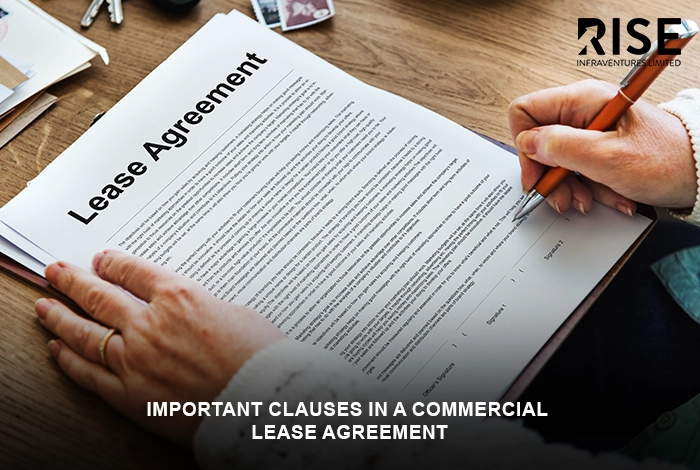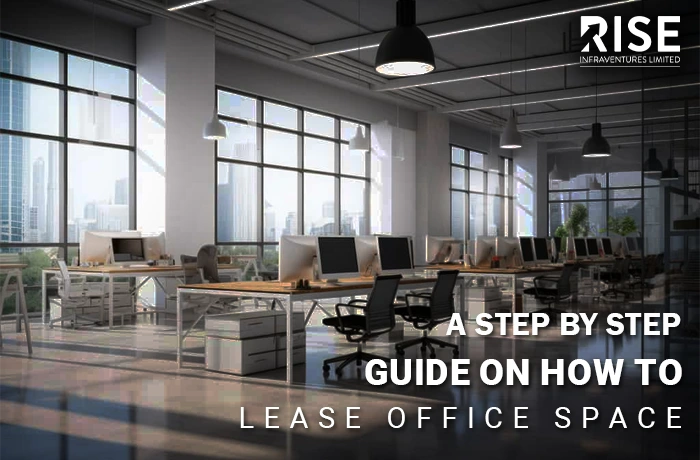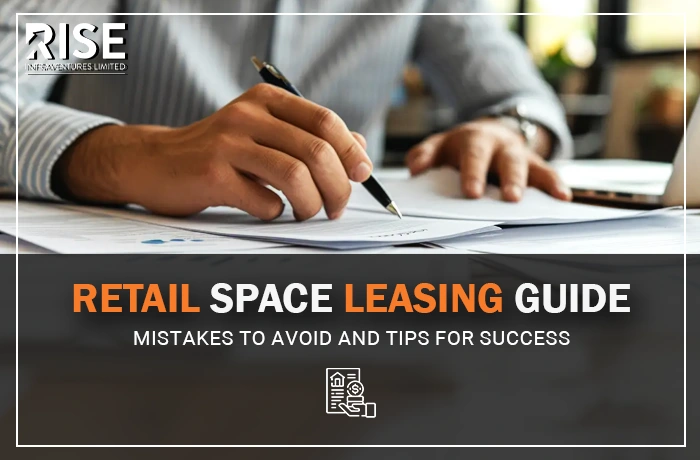Signing a commercial lease agreement is one of the most critical decisions a business makes. Unlike residential leases, commercial agreements are longer, more detailed, and filled with clauses that can directly impact your financial and operational future. Whether you're opening a new office, retail outlet, or warehouse, understanding these clauses is essential to avoid unexpected risks and costs.
This guide explains the important clauses in a commercial lease agreement and how expert tenant representation services can help businesses secure the best terms.
Understanding a Commercial Lease Agreement
A commercial lease is not just a contract; it is a roadmap for your business operations. It defines your rights, responsibilities, and costs as a tenant. Unlike residential leases, these agreements often last several years and include complex clauses that can affect rent, maintenance, and exit options.
Key Clauses Every Tenant Should Know
Before signing a lease, it's crucial to review these key clauses carefully. Missing even a single clause can lead to financial loss, legal disputes, or operational limitations.
Rent and Escalation Clause
What is Rent Escalation and How Does it Affect Your Budget
The rent clause defines your monthly payment, while the escalation clause specifies annual increases. Landlords may tie hikes to inflation or a fixed percentage. Businesses must calculate long-term affordability to avoid surprises.
Example: An office in Gurgaon rents for ₹1,00,000/month with a 10% annual hike. In five years, rent rises to over ₹1,60,000—making early planning essential.
Lease Term, Renewal, and Security Deposits
Lease Term and Renewal Options: The lease term specifies how long you can occupy the space, while renewal clauses allow extensions. Negotiating favorable renewal conditions ensures business continuity without sudden relocations or rent spikes.
Security Deposit Terms: Landlords typically require a security deposit or advance rent. The agreement should clearly state the amount, refund timeline, and conditions for deductions. Clear terms protect your financial interests.
Maintenance and Operating Expenses: Commercial leases often include common area maintenance (CAM) charges, utilities, and taxes. Knowing whether these are fixed or variable—and if there are caps—avoids hidden costs.
Permitted Use and Exclusivity Clauses: The use clause specifies what activities are allowed in the space, while exclusivity ensures competitors cannot lease nearby units. This is particularly important for retail tenants.
Customizing Your Space: Alterations and Improvements: Businesses often want to make interior changes. The lease should define what alterations are allowed, who pays for them, and whether the space must be restored at the end.
Subleasing, Termination, and Dispute Resolution
Subleasing and Assignment Rights: Subleasing or assigning your lease provides flexibility if your business relocates or downsizes. Without this clause, you may remain liable for rent on unused space.
Termination and Exit Clause: Termination clauses outline conditions for ending the lease early, notice periods, and penalties. They are critical to avoid being locked into unfavorable agreements.
Resolving Disputes Efficiently: Even with the best intentions, conflicts can arise. A clear dispute resolution clause specifies arbitration, mediation, or legal recourse and defines jurisdiction to protect both parties.
Force Majeure
Force majeure clauses safeguard tenants and landlords against events like natural disasters, pandemics, or government restrictions. They can provide rent relief or suspension during extraordinary circumstances, ensuring business continuity.
Example: During COVID-19, businesses with a force majeure clause negotiated temporary rent waivers or suspensions, reducing financial strain.
Why These Clauses Matter in a Commercial Lease Agreement
Understanding these key clauses minimizes risk, prevents disputes, and ensures your business has the flexibility to grow. From rent escalation to termination rights, each clause plays a crucial role in your office leasing strategy.
How Tenant Representation Services Add Value
Navigating a commercial lease agreement can be complex, especially for businesses entering the real estate market for the first time. That's where tenant representation services by Rise Infraventures become invaluable. Our leasing experts act on your behalf to:
- Negotiate favorable lease terms
- Secure flexible rental agreements
- Protect your long-term financial and operational interests
Conclusion
Before signing any lease, take time to review these key clauses carefully. Better yet, consult a legal or real estate expert who can help you negotiate terms that favor your business.
Looking for expert guidance in commercial lease negotiations? At Rise Infraventures Limited, we help businesses simplify the complexities of office, retail, and commercial leases, securing favorable terms and long-term value.



.webp)

